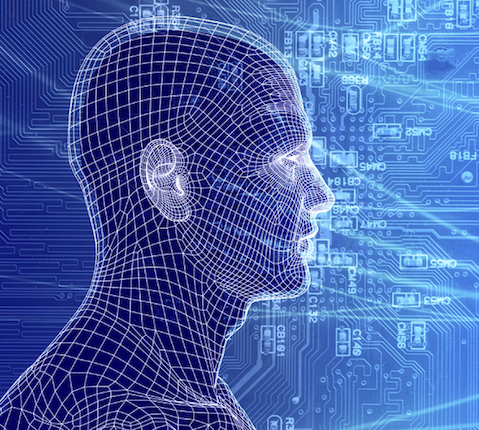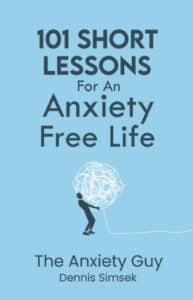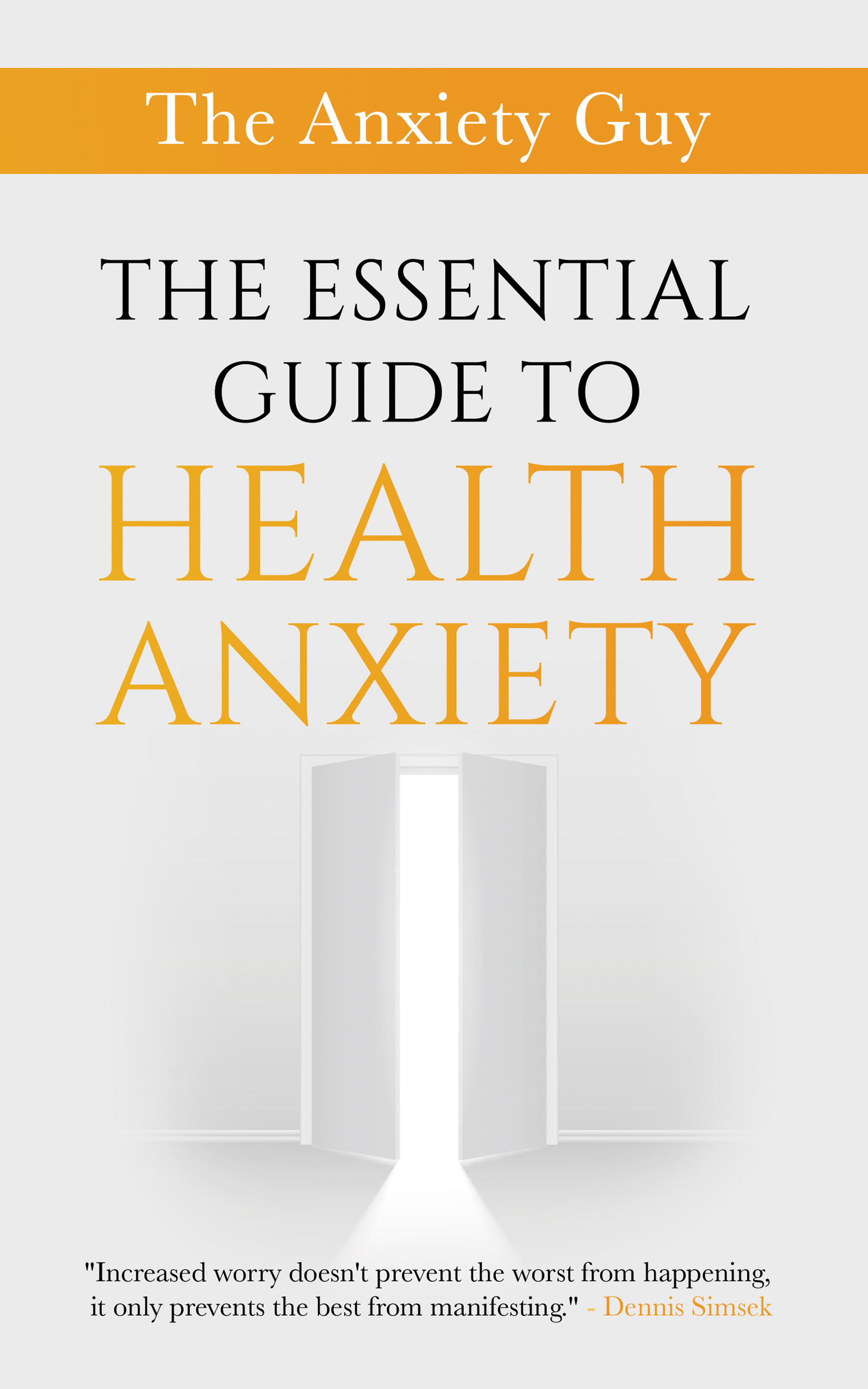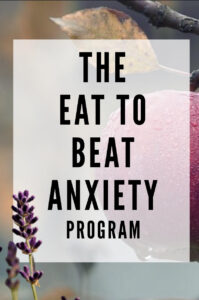“Understanding How Cellular Memory Plays A Part In Your Anxiety Will Give You Deeper Insight Into Your Present Emotional State.”
Over the past several decades, research has found that anxiety and other ailments don’t arise due to issues with the body or the surroundings. It arises from the subconscious and unconscious part of our minds, which is scientifically referred to as ‘cellular memory.’
In the past it was thought that all memories got stored in the mind or the brain. However, centuries of research which consisted of removal of different parts of the brain showed that memories continued to exist. People who had organ transplants also did not elicit any changes in memories. This made the scientists postulate that the memories were stored in cells, which now has been found to be true.
The cells in our bodies contain DNA which forms the blueprint of our physical bodies. The cells also contain a blueprint of our mental and emotional experiences, therefore we can start to understand how cellular memory plays a part in your anxiety.
They remember everything that we have experienced and felt through the course of our lives and are constantly learning and storing new experiences. Thus, our personal data, whether positive or negative, gets stored subconsciously, consciously, and/or unconsciously by the cells-How Cellular Memory Plays A Part In Your Anxiety
The genes and cells permanently store records of everything we’ve experienced in the past. Such stored memories remain hidden from the everyday conscious thoughts and minds. They may remain hidden or blocked due to some trauma or negativity associated with the experiences.
But such memories may get triggered when faced with another similar experience in the
present moment.
Meaning, if you experienced some trauma when speaking publicly, you may end up blocking that memory which gets stored as cellular memory (like a zip file for your computer). Later, you experience anxiety every time you are required to speak to an audience.
It’s not possible to see cellular memory therefore it seems like more of a concept than a reality. We can however use the example of vaccines to dispel this notion. When a minor dose of germs is injected during a vaccination, the immune system fights off those germs and the memory of those pathogens get stored in the cells.
In turn, whenever those germs attack the body in the future, the cellular memory gets triggered about how the germs were fought off and destroyed. Subsequently, the vaccinated person does not get ill.
Addiction, anxiety, psychological trauma, depression, and other emotional conditions may get aggravated due to negative cellular memory. So it’s important to change the memory to a more positive one meaning to shift the perspective from your own to someone else’s during the experience, and to gain a lesson that has helped you grow from that experience.
Each cell reacts and alters depending on the perception of a situation or the surroundings and not the actual experience or the environment. Thus, if you pass gas in school and all other kids laugh and ridicule you, you may store the perception that passing gas would subject you to ridicule.
Thus, you may want to avoid passing gas in front of others even if you are very sick, thereby exacerbating the condition. Changing the perception of a certain experience can help alter the cellular memory of that experience and alleviate the issues associated with that experience.
Therapies like CBT or cognitive behavioral therapy used for overcoming anxiety and other psychological disorders work by changing the perception of an event and thus altering the subconscious cellular memory of that event.



















